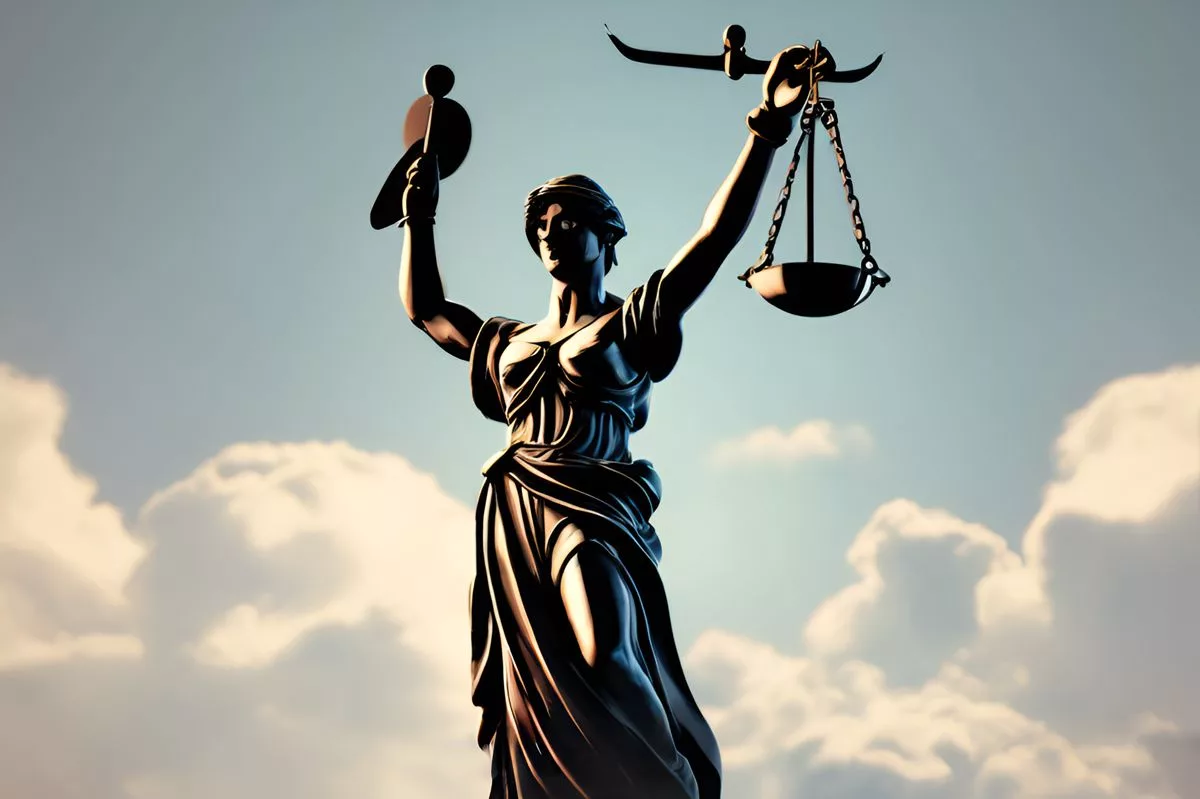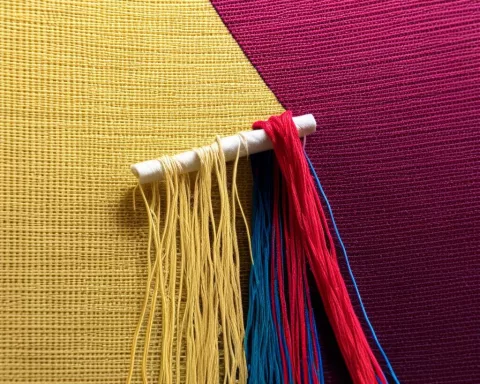Justice Yvonne Mokgoro was an extraordinary trailblazer, breaking through barriers to become the first black woman appointed to South Africa’s Constitutional Court. Her legacy extends beyond South Africa, as she presided over the UN’s Internal Justice Council and was appointed as the inaugural chair of the Independent Expert Mechanism to Advance Racial Justice and Equality in Law-Enforcement by the UN Human Rights Council. Her legal philosophy centered around human dignity, and her judgments consistently championed the rights of the most vulnerable members of society. Her life and legacy serve as a potent reminder of our shared responsibility to build a society centered on true equality, liberty, and respect for human rights.
Who was Justice Yvonne Mokgoro?
Justice Yvonne Mokgoro was a trailblazing human rights attorney who broke through barriers to become the first black woman to be appointed to South Africa’s Constitutional Court. Her legacy extends beyond South Africa, as she presided over the UN’s Internal Justice Council and was appointed as the inaugural chair of the Independent Expert Mechanism to Advance Racial Justice and Equality in Law-Enforcement by the UN Human Rights Council. Her legal philosophy centered around human dignity, and her judgments consistently championed the rights of the most vulnerable members of society.
An Unforgettable Trailblazer
The sunset of life has come for an extraordinary woman, a pioneer in every sense of the word. It is with heavy hearts that we bid adieu to Justice Yvonne Mokgoro, a woman who forged her path with unfaltering grit and perseverance in a world that oftentimes seemed to plot against her.
Justice Yvonne Mokgoro stood tall as a symbol of hope in an era where such icons were rare, particularly for women and more specifically, for black women. In the watershed year of 1994, she broke through barriers and made a historical mark as the first black woman to be appointed to the Constitutional Court at its very inception. This was by no means an easy achievement. Her path to this pinnacle of legal authority was lined with challenges, tenacious effort, and an indomitable belief in her dream.
A Journey of Resilience
Her unwavering pursuit of justice took root in the trenches of battle, where she discovered her vocation as a human rights attorney. As a student activist and a member of the African National Congress in the erstwhile Bophuthatswana, and later in the Northern Cape, she served and learned with an unshakeable sense of mission.
Her rise to the Constitutional Court was far from serendipitous; it bore witness to years of formal and autodidactic study, resilience, and doggedness. She held various jobs, including a nursing assistant, a retail salesperson, and a clerk, but she never allowed these roles to blur her ultimate ambition. From humble beginnings, she soared to become a legal academic with pioneering research on customary law, even before our jurisprudence and case law on this topic had fully matured.
Justice Mokgoro led a life to which many black women in South Africa under apartheid could relate. She shouldered the triple challenge of race, class, and gender, and yet, she transcended societal boundaries to become a fervent advocate for gender justice. She devoted her time and resources to educating and mentoring upcoming female attorneys, staunchly believing in empowering the next wave of women in law. Her inspirational role was aptly recognized by the International Commission of Jurists.
Leaving a Global Legacy
Justice Mokgoro’s legacy extends far beyond the borders of South Africa. Between 2016 and 2020, she presided over the UN’s Internal Justice Council, ensuring independence, professionalism, and accountability in the administration of the UN’s justice system. Her commitment to human rights and racial justice also led to her appointment as the inaugural chair of the Independent Expert Mechanism to Advance Racial Justice and Equality in Law-Enforcement, established by the UN Human Rights Council following George Floyd’s tragic death in the US in 2020.
Her legal philosophy was deeply rooted in the intrinsic value of human dignity. In her judgment on the pivotal State v Makwanyane case involving the death penalty, she eloquently elaborated on the principle of ubuntu, framing it as a shared value transcending cultural divides. Her judgments consistently championed the rights to life, dignity, and equality and propelled the socio-economic rights of the most vulnerable members of society.
A Catalyst for Change
Her contributions to the transformation of the judicial system are indeed remarkable. When she was appointed 30 years ago, out of approximately 165 judges, 160 were white men, three were black men, and two were white women. Today, women make up 45 per cent of our judges, and 32 per cent are black women, a testament to the progressive change she embodied.
Justice Mokgoro was a woman of immense bravery and fortitude, earning her numerous accolades, including the prestigious Order of the Baobab in 2015. Her vast expertise led her to advisory roles in organizations like the Nelson Mandela Children’s Fund, further showcasing her commitment to human rights and her capacity to inspire and lead.
While we lament her passing, we also commemorate Justice Mokgoro’s life and enduring legacy. A legacy that continues to guide and inspire us; a legacy that serves as a potent reminder of our shared responsibility to build a society centered on true equality, liberty, and respect for human rights. As we remember her, let’s strive to mirror her courage and grit, strengthening our resolve to carry forward the work she began. May her soul find everlasting peace.
1. Who was Justice Yvonne Mokgoro?
Justice Yvonne Mokgoro was a trailblazing human rights attorney who broke through barriers to become the first black woman to be appointed to South Africa’s Constitutional Court. Her legacy extends beyond South Africa, as she presided over the UN’s Internal Justice Council and was appointed as the inaugural chair of the Independent Expert Mechanism to Advance Racial Justice and Equality in Law-Enforcement by the UN Human Rights Council.
2. What was Justice Mokgoro’s legal philosophy?
Justice Mokgoro’s legal philosophy centered around human dignity, and her judgments consistently championed the rights of the most vulnerable members of society.
3. What were some of the challenges that Justice Mokgoro faced?
Justice Mokgoro faced challenges related to race, class, and gender, as she shouldered the triple challenge of being a black woman in South Africa under apartheid.
4. What was Justice Mokgoro’s role in advancing gender justice?
Justice Mokgoro devoted her time and resources to educating and mentoring upcoming female attorneys, staunchly believing in empowering the next wave of women in law.
5. What was Justice Mokgoro’s legacy beyond South Africa?
Justice Mokgoro presided over the UN’s Internal Justice Council and was appointed as the inaugural chair of the Independent Expert Mechanism to Advance Racial Justice and Equality in Law-Enforcement by the UN Human Rights Council.
6. How did Justice Mokgoro contribute to the transformation of the judicial system in South Africa?
Justice Mokgoro was a catalyst for change in the judicial system, as when she was appointed 30 years ago, out of approximately 165 judges, 160 were white men, three were black men, and two were white women. Today, women make up 45 per cent of our judges, and 32 per cent are black women, a testament to the progressive change she embodied.












